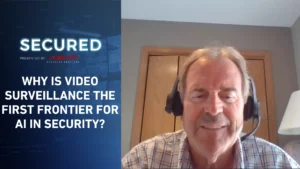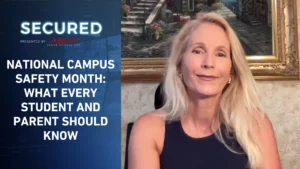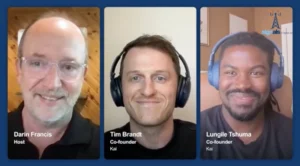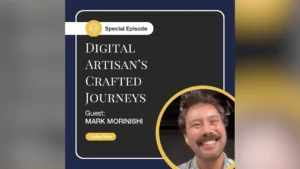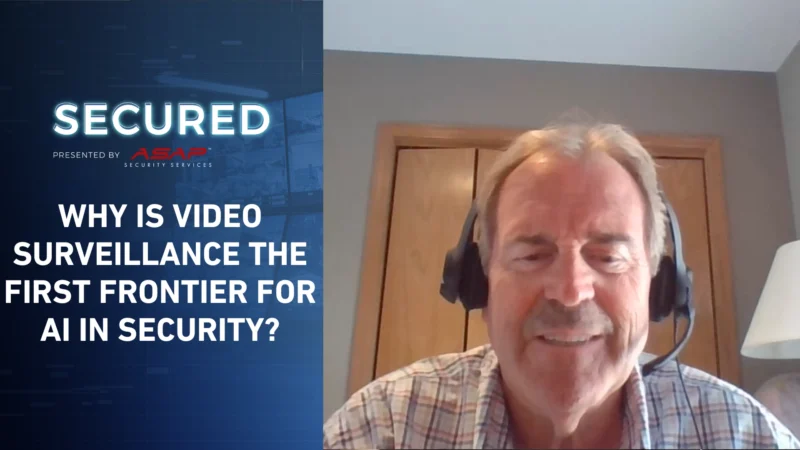Understanding Digital Education with Professor Glen A. Harrison
At Lamar University in Beaumont, Texas, Glen A. Harrison, Ed.D works as a Field Supervisor and Clinical Instructor. His job duties include providing support and guidance for Principal candidates during their practicum field experience and assisting with video field observations and technology troubleshooting during the submission process. Meanwhile, he also teaches Master’s level courses at Lamar, including Education Administration & Leadership and Digital Learning & Leading.
As his mother believed him to be “born to coach and teach,” Harrison spent most of his years working at the high school level where he served as an assistant principal, among other duties such as teacher, coach, and instructional technology specialist. Recently, his university position allows him to see education in a new way, as he watches future principals from when they enter their programs, to when they graduate. Compared to educational methods of his youth with a chalkboard and paperback books, today’s university classes are increasingly online.
As Harrison concludes his 31st year in education, he has noticed how digital citizenship and digital literacy have played a significant role in young people’s lives. He sees it being both a positive and negative experience for people.
“The impact and influence both have in the educational setting, from an administrator’s and teacher’s viewpoint, are well documented,” he says.
“I work 100% in an online environment,” he says. “So, we use Blackboard as our LMS platform along with TK2/Watermark as an assessment and monitoring software program. We are consistently working toward a more efficient way to assist students as they submit and upload significant artifacts into their portfolios. Additionally, we use Adobe Connect video conferencing software for weekly class sessions.”
Despite things being done online, Harrison still believes that human interaction and a sense of community are vital parts of the online experience. With that in mind, he hopes for better technology involving web cam designs and video/audio feedback. In addition, he’d like to see increased bandwidth speeds to help create more of a personal setting and feel for students and instructors alike.
Click here to learn more about Professor Glen A. Harrison.



